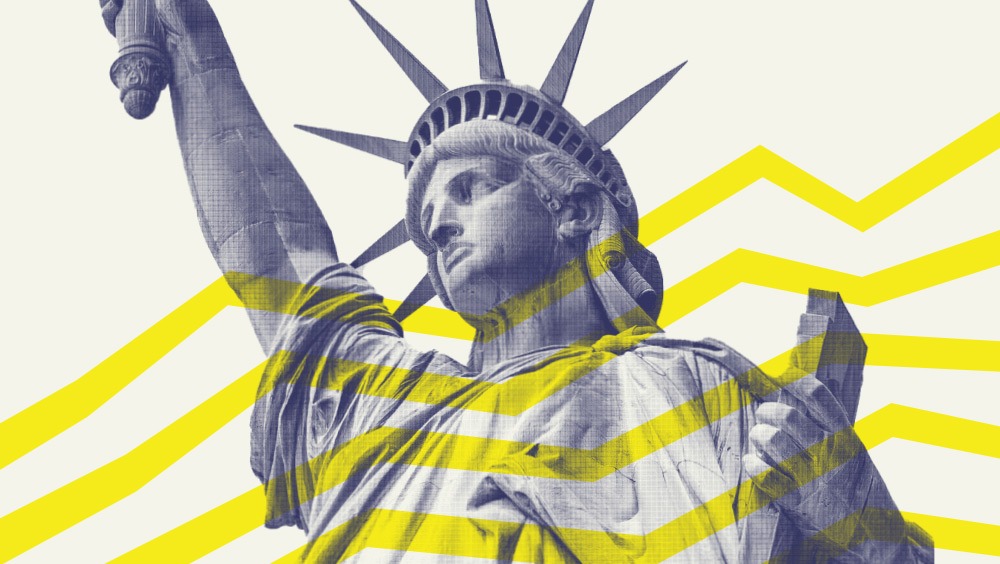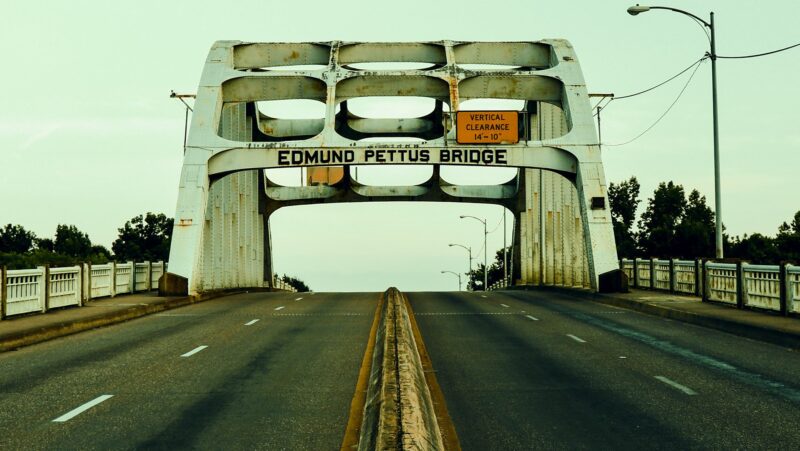Where America Stands on the First Amendment: By the Numbers

The First Amendment isn’t on the ballot, but it will be on the minds of many Americans when they vote. That’s according to Freedom Forum’s 2024 “The First Amendment: Where America Stands” survey.
Fifty-six percent of those responding to the survey, conducted in late July and August, say concerns over the First Amendment will impact how they vote this November.
Respondents in the Northeast are more likely, at 60%, to consider the First Amendment relevant to their votes than those living in the West (58%), South (56%) and Midwest (49%).
Seventy-one percent say they are concerned or very concerned that “misinformation and intentional disinformation will affect the outcome of the upcoming elections,” and just 4% are “not at all concerned.” On the specific problem of election-season “deepfakes,” one-third would support requiring notices identifying these constructed images or audio as false; 29% would ban such fake content entirely; but 23% support doing nothing, with some saying government is powerless to enforce such regulation.
Just 41% agreed that “The news media can help ensure a fair election,” while 30% disagreed and 29% were unsure.

Attitudes toward and perceptions of the two main presidential candidates with respect to First Amendment freedoms — religion, speech, press, assembly and petition — are as divided as on any election-year issue.
- 49% consider former President Donald J. Trump a “threat” to the First Amendment, while 36% overall see him as a protector of the five freedoms.
- 37% consider Vice President Kamala Harris a “threat” to the First Amendment, while 42% consider her to be a protector of those freedoms.
On one of the nation’s hottest issues, the role of religion in American public life and public schools:
- 29% agreed that public schools should be required to place a copy of the Ten Commandments on classroom walls, with support highest in the South (33%) and lowest in the West (24%). (A new law in Louisiana would require this placement.)
- 18% agreed with the statement “Christian values should get more protection than other faiths,” with 23% supporting that idea in the South and the lowest support (11%) in the Midwest.
- 20% agreed with the statement “Tax dollars should be used to fund religious schools,” with support strongest in the South (23%) and lowest in the Midwest (16%).
Men were slightly more likely than women to agree with all three statements.
There were mixed results from respondents about how they would vote if the First Amendment’s 45 words were on the ballot on Nov. 5 for changes or to be re-adopted: 63% said the First Amendment should never be changed, but just 58% said they would “vote to approve/ratify the First Amendment today.”

After a year marked by widespread college protest, 61% say colleges should foster a free exchange of ideas, even when offensive to some, a decline from last year when 66% supported that statement. Seventy-two percent said peaceful protest is fine, but things go too far when students build encampments or take over campus buildings.
Elections are a way for Americans to express their views, but the survey found that 53% identified subjects that they feel they cannot speak about freely. Gender issues, abortion, race relations, religion and politics were most often cited. Fear of a violent response, of sparking tension with family and friends, or of “being perceived in a certain way” were the most common reasons to be silent.
The survey found that men tend to see free speech as the most essential freedom in the First Amendment, while women most often said all five freedoms are essential.
The “Where America Stands” survey results also show that various parts of American society – from minority citizens to the youth to lower-income groups – see less value or benefit in First Amendment freedoms.
Of particular concern: It found that the younger the respondent, the less affinity they have for the First Amendment.
But the survey also found that 93% continue to say the First Amendment is “vital or extremely vital.” That result would seem to show the aspirations of the nation’s founders about the First Amendment still matter: providing us with the protection to think and speak freely, and to join with others – including those not often or easily heard – in the self-governing task we’ll next experience on Nov. 5.
“Where America Stands” is an annual survey to gauge knowledge, understanding and perspectives on the First Amendment. This year, the survey gathered responses from 820 people aged 16 and older.
Gene Policinski is the senior fellow for the First Amendment at Freedom Forum. He is also author of a new Freedom Forum book on the past, present and future of our core freedoms: “The First Amendment in the 21st Century: From the Village Green to the Village Screen” is available in print, online and as an audiobook.
U.S. Rep. John Lewis: A First Amendment Champion
Perspective: How The Supreme Court Could Rule On Key Religious Rights Questions This Term
Related Content

